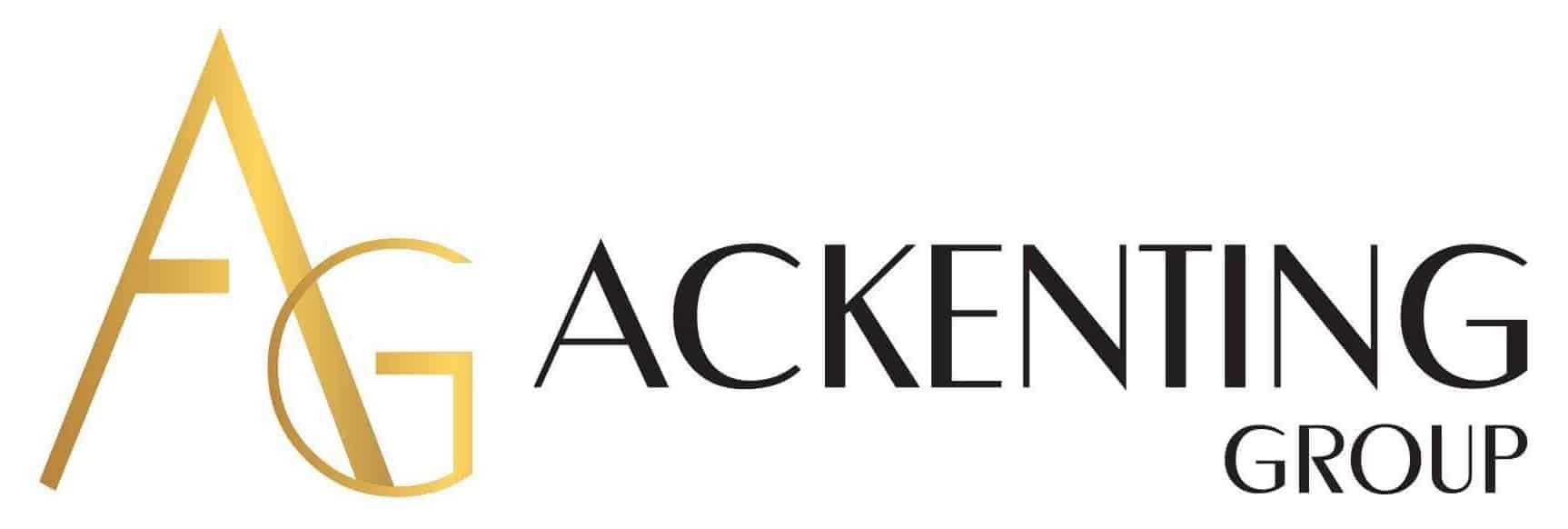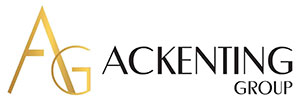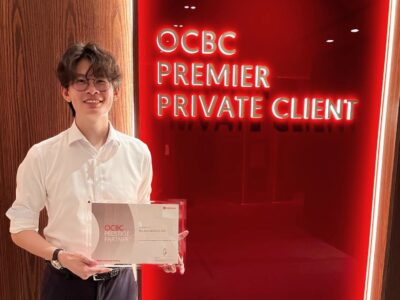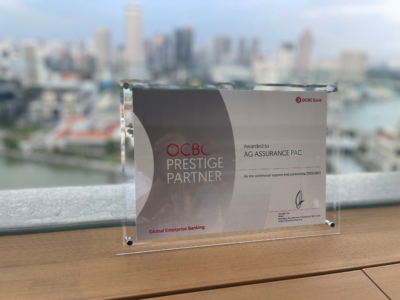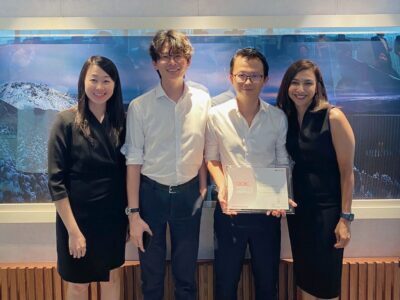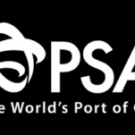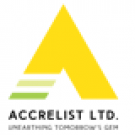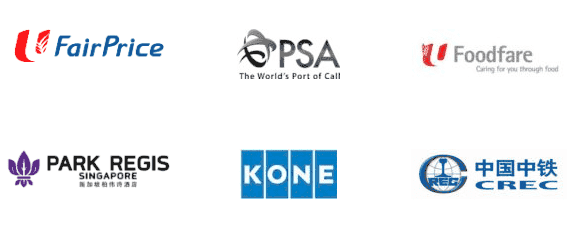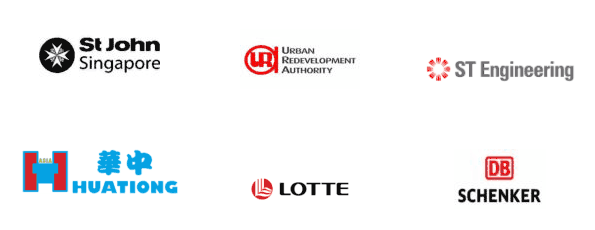Just a year ago, terms like ‘lockdown’ and ‘social distancing’ were almost unheard of. But the Covid-19 pandemic that hit the world this year has certainly changed almost every aspect of how we go about our daily lives. One area in particular that has significantly changed is how we work.
Measures to curb the spread of the novel coronavirus have almost brought work, as we know it, to a standstill. Thankfully, technology has kept things going at the office. Terms like remote-working, which were previously unfamiliar, are now more common, and tech behemoths like Facebook and Google have opted to make it a norm.
But what is the future of work in years to come? And how should entrepreneur prepare for it? Read on and find out more.
1. Workplace social distancing is here to stay
Remote working may be the new buzzword, but many vocations still require in-person involvement at the workplace. For such employees, workplace social distancing will be a reality for the long haul. Some examples of workplace social distancing include more flexibility in work schedules. Employees may start to adopt a schedule that involves a mix of both in-office and remote working. Many workplaces that have reopened now accommodate less than 50% of their original staff capacity. Distancing measures are also put in place at the workplace itself.
2. Greater standardization of knowledge work
Due to the shift to remote working, knowledge work is becoming more standardised and quantified to enable effective management. This is a tremendous shift from the previous reliance on abstract workflows, whereby the lines between menial and knowledge work were blurred.
For instance, some companies are reviewing their finance teams and leaving menial tasks to firms that provide accounting and bookkeeping services. Outsourcing for financial services enables your team to focus on core business affairs. Thus, optimising the productivity of knowledge workers. Consider investing in a reputable accounting firm like Ackenting Group to handle your audits, accounting and corporate financing needs. As we move to a less synchronized work paradigm, you’re bound to reap from the increased productivity of individual workers and teams.
3. Artificial Intelligence will be utilised
As knowledge work is increasingly becoming standardized, processes that are mundane and don’t require full human judgement can be aided largely by artificial intelligence (AI). For instance, many financial professionals now use AI software to assist with their decision making and make their processes more efficient.
An audit firm that offers corporate advisory solutions, such as Ackenting Group, can help you identify other repetitive roles within your organization and craft cost-effective transition plans to AI. This gives your team members more time to focus on high-value tasks, which ultimately enhances productivity.
How Businesses Can Prepare
The above shifts in how we work and run our workplace are inevitable. Although the pandemic forced a rushed transformation, businesses are gradually adapting their processes and infrastructure to meet the challenge.
As a business leader, take time to evaluate which technologies worked during the rushed transition, and which ones didn’t. Engage in the best audit firm to give you an objective view of the end-to-end impact. At the same time, encourage your team to embrace digital workspaces that increase productivity.
If you require any assistance on accounting services, feel free to drop us an email at johnwoo@ag-singapore.com or contact us at +65-66358767. At Ackenting Group, we offer a complimentary 30 minutes online consultation for us to better understand your business requirements.
